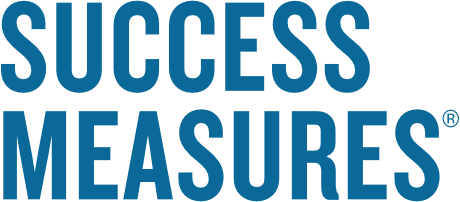Representing Success Measures at NeighborWorks America, Jessica Mulcahy moderated a panel consisting of Eileen Flanagan and Gretchen Dykstra at the second International Conference on Age-Friendly Cities, held this year in Quebec City. Entitled “Embedding Age-Friendly Principles in Community-Based Work, an Evaluation and Communications Framework”, the panel presentation attracted a full spectrum of foundations, practitioners, government representatives, and consultants.
The workshop grew out of the ongoing Age-Friendly Communities project (AFC-USA Project) with Atlantic/Tides, which brings the evaluation expertise of Success Measures together with Dykstra’s communications background as resource partners for the participating organizations. The New York Academy of Medicine, another resource partner, offers support with community consultations and links to global age-friendly resources. Ruth Finkelstein, Senior Vice President, Policy and Planning at NYAM, delivered the conference summary keynote mapping the overarching themes back to World Health Organization goals.
Mulcahy, Flanagan, and Dykstra presented the preliminary baseline data collected by the five organizations and then focused on the implementation and analysis phases of participatory outcome evaluation of age-friendly project work. The discussion also highlighted linking evaluation results directly to strategic communications for a variety of audiences.
The participating organizations in the AFC-USA Project, who had an opportunity to present their innovative community development work with aging populations at a separate panel, include:
• Abyssinian Development Corporation (ADC), New York, NY
• Brownsville Partnership (BP)/Community Solutions, New York, NY
• Chicanos Por La Causa, Inc. (CPLC), Phoenix, AZ
• East Bay Asian Local Development Corporation (EBALDC) Oakland, CA
• The Resurrection Project (TRP), Chicago, IL
Organized by the Ministry of Health and Social Services of Quebec and the World Health Organization Global Network of Age-Friendly Cities and Communities, the three-day conference brought together 700 elected officials, municipal administrators, professionals, practitioners, researchers, decision makers, and elders from 46 different countries to share their knowledge and experience on age-friendly cities and communities. Conference activities included 6 plenary sessions, 45 concurrent sessions of symposiums and workshops, and 8 blocks of practical presentations at the Global Village.
